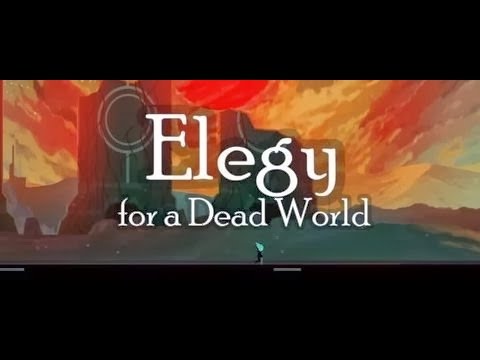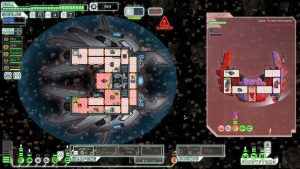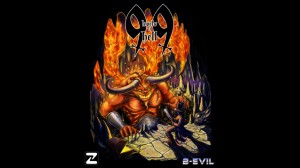If developing a game around writing being the primary engagement factor sounds too difficult to consider, then you probably aren’t part of the Dejobaan Games team developing Elegy for a Dead World. This independent studio recently ended a Kickstarter campaign after acquiring over $70,000 towards their original $48,000 goal. Their purpose? Make a game where players get interested in writing while exploring abandoned alien worlds.
Despite having an intriguing elevator pitch, the developers at Dejobaan Games had many creative and mechanical obstacles to overcome. Most concerning of which was figuring out what kind of a game they were creating. Eventually the team settled on basing the visual aesthetic of the three worlds they currently have in development off Romantic era art, and poetry by Percy Bysshe Shelley, John Keats, and George Gordon Byron. This, combined with pre-generated and randomized writing prompts would constitute the core game-play as players slowly uncover and create the history of the alien races that once inhabited the lands.
However, the developers at Dejobaan Games, known for their humorous and uniquely engaging game concepts weren’t happy with creating a simple educational experience that promoted writing with aesthetically pleasing game-like images.
Elegy for a Dead World was designed for all players regardless of writing ability. Its purpose seems to be to inspire creativity while giving an outlet to share that creativity with others. This comes in the form of the built in platform that allows players to share their finished stories with others.
Studio lead Ichiro Lambe sat down to help explain how you create a game based on getting players to write and how this might benefit or entertain the gaming community.
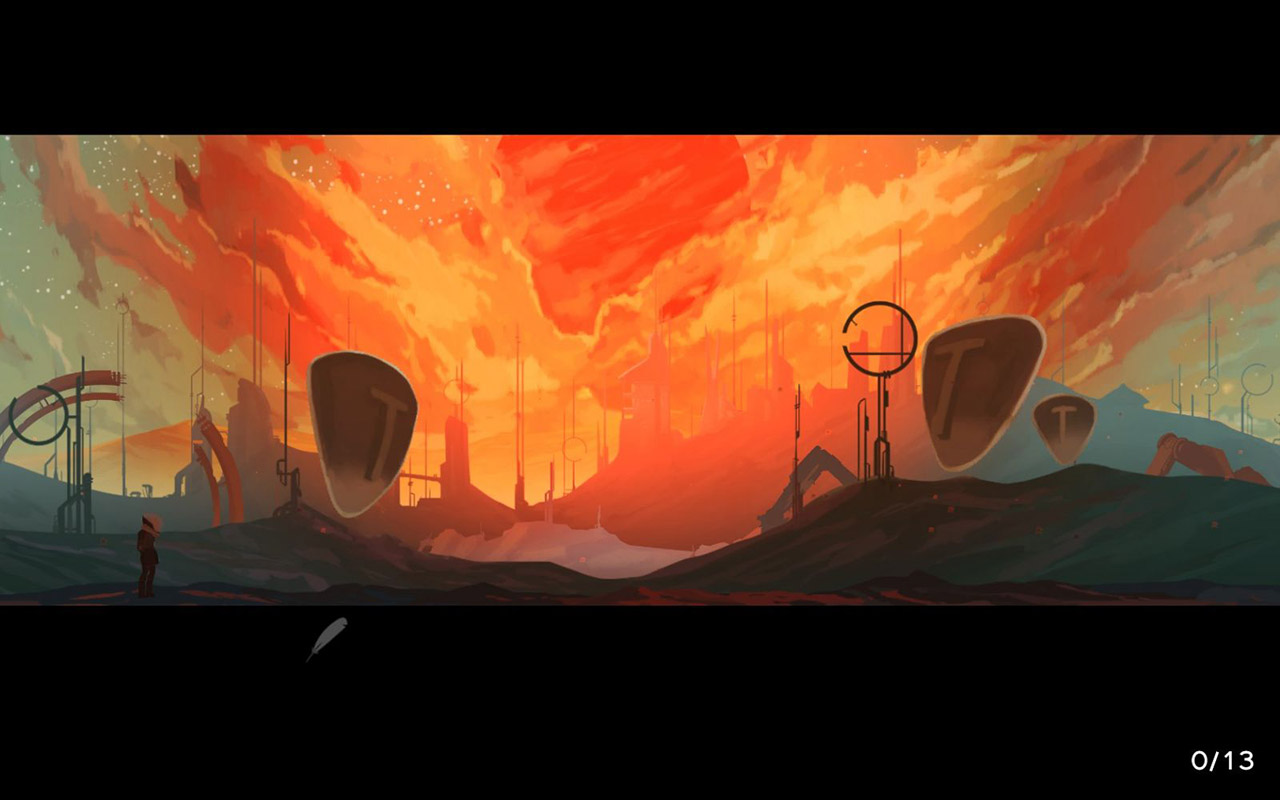 Jesse Tannous: Do you consider Elegy an educational game? How is it similar/different?
Jesse Tannous: Do you consider Elegy an educational game? How is it similar/different?
Ichiro Lambe: It absolutely can be, in that it gets people writing creatively. We’ve had educators come to us wanting to use Elegy for everything from English as a second language (ESL) learning to introductory rhetoric classes and beyond. Where it differs from more traditional educational games is that there are no quizzes or wrong answers.
JT: This is a concept that targets a niche audience, as developers how was support for this project acquired? Did it depend heavily upon crowd-funding?
IL: Elegy was funded out-of-pocket for most of its development, but we’ve just run a successful Kickstarter campaign, which means that the remainder of development is crowd funded. It’s totally a niche game, but I think that’s actually why we’ve received so much support for it.
JT: Throughout the development experience thus far what have been the biggest creative obstacles you’ve encountered when trying to base a game on writing?
IL: Oh boy! The biggest question was: what the heck is this game, anyway? Programming lead Ziba and art lead Luigi know how to implement and illustrate (respectively) as well as anyone, but none of us knew how to create a game that encouraged players to write. For the first third of the game’s development, we just asked players to write freeform, without any prompting. We later found that constraining players (the fill-in-the-blank writing prompts) actually helped them write.
JT: How receptive have educators been on utilizing a game like this as a teaching tool?
IL: One of the Kickstarter stretch goals we reached was “1,000 free keys to educators,” and a majority of those are now taken by people who teach everything from ESL to middle school to AP Literature and even university courses. Educators occasionally do use our games in an academic setting, but Elegy‘s by far the most popular.
JT: What would your advice be to other game developers who might be hoping to explore unique concepts?
IL: What worked for us was that we scoped the project appropriately (the game’s not this full-blown 3D experience, for instance), and we made sure to keep iterating on the core concept and putting it out there to gauge reactions. We didn’t stop refining until people literally told us, “Holy crap, I have to play that.”
Even if writing doesn’t seem like an interesting enough hook for you, many supporters of the Kickstarter seem eager to experiment with this new concept and maybe learn something while they’re at it.
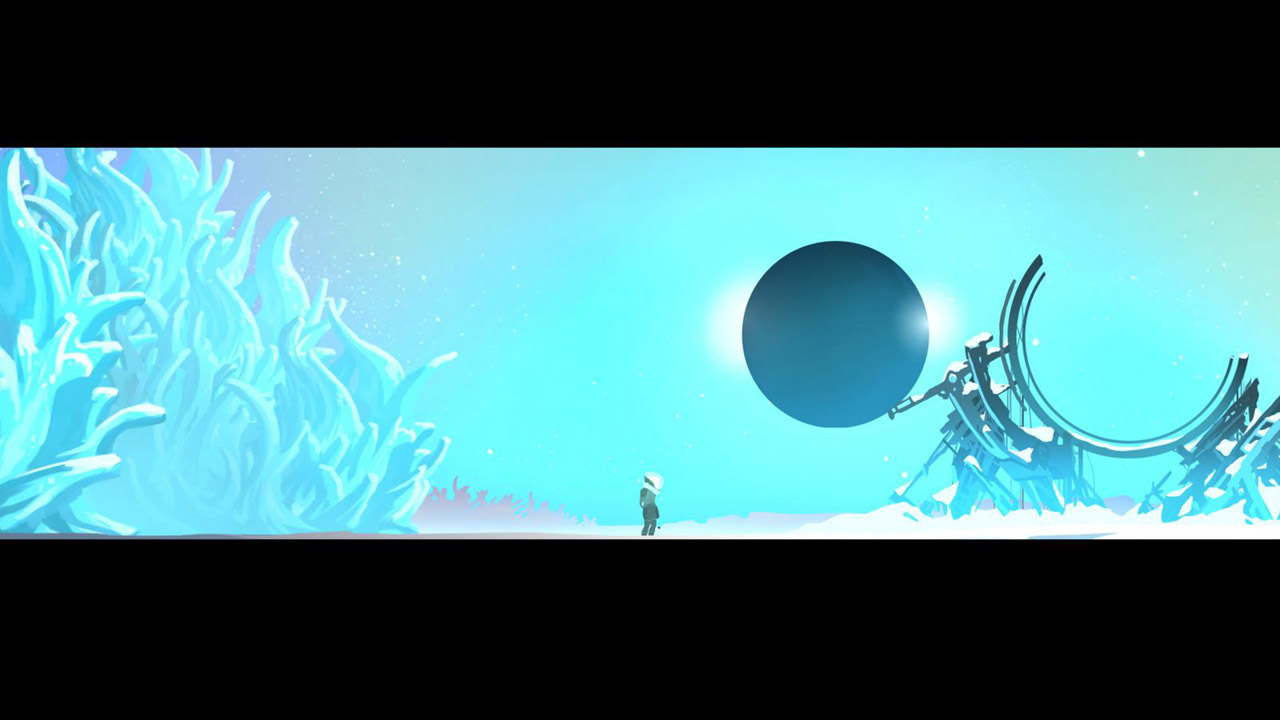
Jesse is a reporter first who just happens to love video games and enjoys writing video game related articles and interviewing industry professionals.

